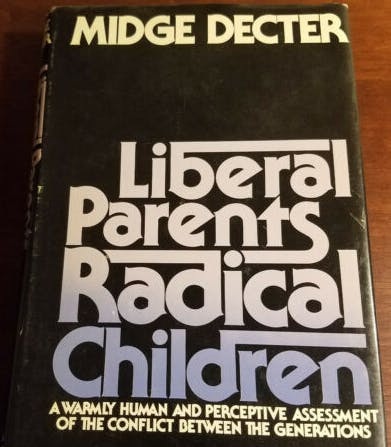Following is a sampler of writing by Midge Decter, who died Monday at the age of 94:
Please check your email.
A verification code has been sent to
Didn't get a code? Click to resend.
Have an account? Log In
To continue reading, please select:
Limited Access
Enter your email to read for FREE
Get 1 FREE article
Continue with
or
Unlimited Access
Join the Sun for a PENNY A DAY
$0.01/day for 60 days
Cancel anytime
100% ad free experience
Unlimited article and commenting access
Full annual dues ($120) billed after 60 days


